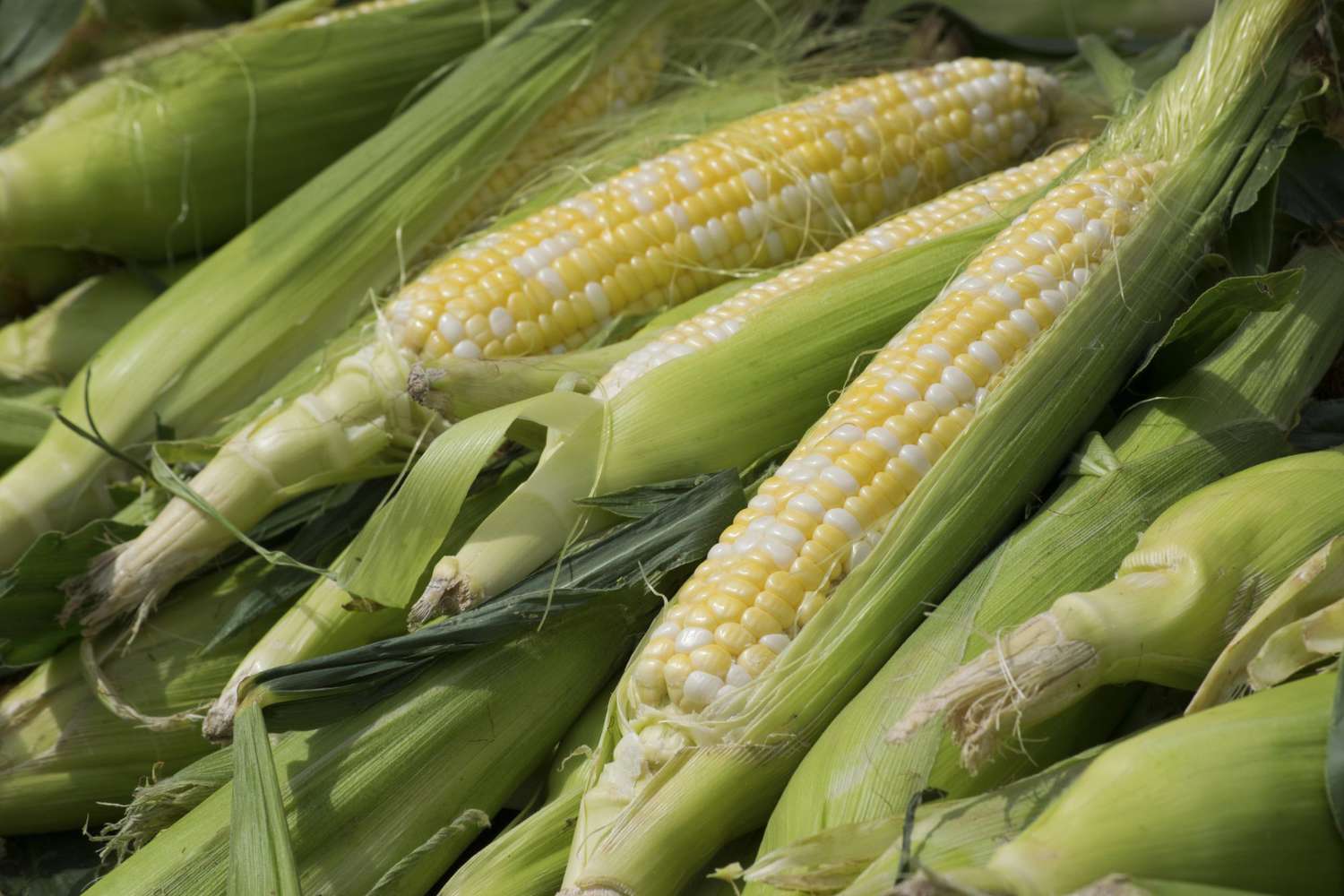

Articles
How To Store Uncooked Corn On The Cob
Modified: February 23, 2024
Learn how to properly store uncooked corn on the cob to keep it fresh and delicious. Explore our articles for helpful tips and techniques.
(Many of the links in this article redirect to a specific reviewed product. Your purchase of these products through affiliate links helps to generate commission for Storables.com, at no extra cost. Learn more)
Introduction
When it comes to enjoying the delectable taste of corn on the cob, the freshness of the produce plays a vital role. To ensure that you can savor the sweet and juicy kernels, it’s crucial to store uncooked corn on the cob properly. By following the right storage techniques, you can prolong the freshness of the corn, maintain its flavor, and prevent premature spoilage.
In this article, we will explore the importance of proper storage for uncooked corn on the cob and provide you with a step-by-step guide on how to store it effectively. We will also discuss alternative methods and offer valuable tips and tricks to maximize the freshness of your corn.
So, whether you’ve bought corn from a local farmer’s market or harvested it from your own garden, read on to learn the best practices for storing uncooked corn on the cob.
Key Takeaways:
- Proper storage of uncooked corn on the cob is essential to maintain its freshness, flavor, and quality. Consider factors like ripeness, temperature, and air circulation to maximize its shelf life.
- Alternative methods such as dehydrating, grilling and freezing, pickling, and buttering and wrapping offer creative ways to preserve and enjoy uncooked corn on the cob. Experiment with different storage techniques to suit your preferences.
Read more: How To Store Corn On The Cob
Why is Proper Storage Important?
Proper storage of uncooked corn on the cob is essential for several reasons. First and foremost, it helps to maintain the quality and freshness of the corn, ensuring that you can enjoy its delicious taste for as long as possible. When corn is not stored correctly, it can quickly lose its moisture, become dry and tough, and lose its natural sweetness.
Additionally, proper storage can prevent the growth of bacteria and fungi, which can lead to spoilage and foodborne illnesses. Mold and bacteria thrive in warm and moist environments, so keeping corn stored in the right conditions can help minimize the risk of contamination.
Furthermore, storing uncooked corn on the cob properly can help extend its shelf life. This is particularly beneficial if you have a large quantity of corn or want to save some for future use. By following the appropriate storage techniques, you can make sure that your corn stays fresh and flavorful for an extended period.
Lastly, proper storage practices can also help save money. When you store uncooked corn on the cob correctly, it reduces the chances of wastage due to spoilage. This means you can enjoy your corn without having to throw away any due to improper storage methods.
Now that we understand the importance of proper storage, let’s delve into the factors you should consider before storing uncooked corn on the cob.
Factors to Consider Before Storing Uncooked Corn on the Cob
Before you begin storing uncooked corn on the cob, it’s important to take into account a few key factors. These factors will help ensure that your corn stays fresh and delicious for as long as possible.
- Freshness: Select corn on the cob that is fresh and recently harvested. Look for husks that are bright green, tightly wrapped, and free from blemishes. The silk should be moist and not dry or brown.
- Ripeness: Determine the ripeness of the corn. Corn on the cob is at its peak sweetness when it is fully mature but not overly ripe. To check for ripeness, gently press your thumb against a kernel. If the juice is milky and the kernel is plump, it’s ready to be harvested.
- Variety: Different varieties of corn have different storage requirements. Some varieties, such as supersweet corn, have a higher sugar content and require cooler storage conditions, while others can tolerate slightly higher temperatures.
- Temperature: Corn on the cob should be stored at cool temperatures, ideally around 32°F to 40°F (0°C to 4°C). This helps to slow down the natural ripening process and keeps the corn fresher for longer.
- Humidity: Corn loves humidity, so it’s important to store it in a slightly humid environment. Aim for a humidity level of around 90% to 95% to prevent the corn from drying out.
- Air Circulation: Proper air circulation is crucial in preventing moisture buildup and rot. Avoid tightly wrapping corn in plastic or sealing it in airtight containers, as this can trap moisture and promote spoilage. Instead, opt for loosely wrapped or perforated plastic bags or store the corn in an open container with good airflow.
- Isolation from Other Produce: Store corn separately from other fruits and vegetables, as they release ethylene gas, which can accelerate the ripening process and cause the corn to spoil more quickly.
By considering these factors, you can ensure that your uncooked corn on the cob remains fresh, crisp, and flavorful throughout its storage period. Now, let’s move on to the step-by-step guide on how to store uncooked corn on the cob.
Step-by-Step Guide on Storing Uncooked Corn on the Cob
Follow these simple steps to store your uncooked corn on the cob and keep it fresh and flavorful:
- Step 1: Leave the husks intact: Keep the husks on the corn as they act as a protective layer, preventing moisture loss and protecting the kernels from drying out.
- Step 2: Remove the silk: Gently peel back the husks and remove the silk threads from each ear of corn. Make sure to remove all the silk as it can cause a sour taste if left attached to the kernels.
- Step 3: Inspect for any blemishes: Check each ear of corn for any imperfections or damaged kernels. Remove any spoiled or damaged parts before storing to prevent the spread of decay to other ears.
- Step 4: Moisturize: Before storing, soak the corn in cold water for a few minutes. This helps to replenish any moisture lost during transportation or handling.
- Step 5: Choose the storage method: There are a few different options for storing uncooked corn on the cob. You can store it in the refrigerator, freezer, or can it for long-term storage.
- Step 6: Refrigerator storage: For short-term storage, place the corn on the cob in a perforated plastic bag. This allows for air circulation while retaining moisture. Keep the bag in the vegetable crisper drawer of your refrigerator.
- Step 7: Freezing: To freeze uncooked corn on the cob, blanch the ears in boiling water for 4-6 minutes, then quickly transfer them to an ice bath. Once cooled, pat them dry and place them in freezer bags, removing as much air as possible. Label the bags with the date and store them in the freezer.
- Step 8: Canning: Canning is an excellent option for long-term storage. You can either can the corn as whole ears or remove the kernels from the cobs. Follow a trusted canning recipe and process the jars according to the instructions.
Remember to label your stored corn with the date to ensure you use it within the recommended timeframe. Properly stored uncooked corn on the cob can last for about 3-5 days in the refrigerator, up to 8 months in the freezer, and 12-18 months if canned.
Now that you know how to store uncooked corn on the cob, let’s explore some alternative methods that you can try.
Store uncooked corn on the cob in the refrigerator, still in its husk, for up to 3 days. Keep it in the crisper drawer to maintain freshness.
Alternative Methods for Storing Uncooked Corn on the Cob
While refrigeration, freezing, and canning are the most common methods for storing uncooked corn on the cob, there are a few alternative methods you can try. These methods provide additional options for preserving the freshness and flavor of your corn:
- Dehydrating: Dehydrating corn on the cob is a great way to extend its shelf life. You can either use a dehydrator or an oven set at a low temperature. Simply remove the husks and silk, cut the kernels off the cob, and spread them out in a single layer. Dry the corn until it becomes crispy and brittle. Store the dehydrated corn kernels in an airtight container.
- Grilling and freezing: If you enjoy the smoky and charred flavor of grilled corn on the cob, you can grill the corn first and then freeze it. Cook the ears of corn on a preheated grill until they are lightly charred. Let them cool, remove the kernels from the cob, and store them in freezer-safe containers or bags for future use.
- Pickling: Pickling is another alternative method that adds a tangy flavor to your corn. Prepare a pickling brine using vinegar, water, sugar, and spices. Blanch the ears of corn in boiling water and then soak them in the brine for several hours or overnight. Store the pickled corn in sterilized jars in the refrigerator.
- Buttering and wrapping: If you prefer a more traditional approach, you can butter the corn on the cob, wrap it in plastic wrap or foil, and store it in the refrigerator. This method helps to retain moisture and prevents the corn from drying out.
These alternative methods offer various ways to preserve and enjoy your uncooked corn on the cob. Experiment with different storage techniques to find the one that suits your preferences and needs.
Now that we’ve explored alternative methods, let’s uncover some tips and tricks for maximizing the freshness of your corn.
Read more: How To Store Corn On Cob
Tips and Tricks for Maximizing Corn Freshness
To ensure that your uncooked corn on the cob stays fresh for as long as possible, consider the following tips and tricks:
- Buy fresh corn: Look for corn on the cob that has been recently harvested, with bright green husks and moist silk.
- Store corn in the refrigerator: Keep uncooked corn on the cob in the vegetable crisper drawer of your refrigerator. The cool temperature helps slow down the natural ripening process and maintains freshness.
- Leave husks intact: The husks act as a protective barrier, preventing moisture loss and maintaining the corn’s juicy texture. Only remove the husks right before cooking.
- Moisturize before storing: Soak the uncooked corn on the cob in cold water for a few minutes before storing. This helps to replenish any moisture lost during handling and transportation.
- Keep corn cool and humid: Aim for a storage temperature of around 32°F to 40°F (0°C to 4°C) with a humidity level of 90% to 95%. This combination will help preserve the corn’s freshness and crispness.
- Avoid tightly sealing corn: Allow for air circulation around the corn to prevent moisture buildup and mold growth. Use perforated plastic bags or open containers for storage.
- Separate from other produce: Keep corn on the cob away from fruits and vegetables that emit ethylene gas. This gas can accelerate the ripening process and cause the corn to spoil more quickly.
- Use corn within its optimal freshness timeframe: While uncooked corn on the cob can last for several days to months depending on the storage method, it’s best to consume it within the recommended timeframes for optimal flavor and quality.
- Cook and enjoy: Remember that corn is best enjoyed fresh! Take advantage of the season and cook your corn on the cob shortly after purchasing or harvesting for the most delicious results.
By following these tips, you can maximize the freshness of your uncooked corn on the cob and ensure that each bite is a delightful experience.
Now, let’s learn how to identify if uncooked corn on the cob has gone bad.
How to Tell if Uncooked Corn on the Cob Has Gone Bad
While properly stored uncooked corn on the cob can stay fresh for a considerable amount of time, it’s important to know how to recognize if the corn has gone bad. Here are some signs that indicate your corn may no longer be suitable for consumption:
- Mold or mildew: Check the husks for any signs of mold or mildew growth. If you notice fuzzy patches or discoloration, discard the corn.
- Dry and withered husks: If the husks appear dried out, shriveled, or discolored, it’s likely that the corn has lost too much moisture and freshness.
- Foul odor: Sniff the corn to detect any unpleasant or foul odors. A sour or rotten smell is a clear indication that the corn has gone bad.
- Discolored or mushy kernels: Gently peel back the husks and inspect the kernels. If they appear discolored, slimy, or mushy, it’s a sign of spoilage and the corn should be discarded.
- Visible signs of pests: Check for any signs of insects or pests that may have infested the corn. If you see evidence of their presence, it’s best to err on the side of caution and discard the corn.
- Slimy or sticky residue: If you notice a slimy or sticky residue on the corn kernels or husks, it’s a clear indication of bacterial or fungal growth and the corn should not be consumed.
It’s important to note that these signs can indicate spoilage and potential health risks, so it’s better to be safe than sorry when it comes to consuming questionable corn.
By being vigilant and checking for these signs, you can ensure that you only consume fresh and safe uncooked corn on the cob.
Now, let’s wrap up.
Conclusion
Proper storage of uncooked corn on the cob is crucial to maintain its freshness, flavor, and quality. By considering factors such as freshness, ripeness, temperature, humidity, and air circulation, you can ensure that your corn stays delicious for longer periods. Whether you choose to store your corn in the refrigerator, freezer, or opt for alternative methods such as dehydrating or pickling, it’s important to follow the recommended guidelines to maximize its freshness.
Remember to check for signs of spoilage, such as mold, foul odor, discolored or mushy kernels, or the presence of pests. If any of these signs are present, it’s best to discard the corn to avoid any potential health risks.
By following the step-by-step guide, considering alternative methods, and implementing tips and tricks for maximizing corn freshness, you can enjoy the delectable taste of uncooked corn on the cob for an extended period.
So, the next time you bring home fresh corn on the cob, take the necessary steps to store it properly and savor its natural sweetness and juiciness. Whether you’re grilling, boiling, or enjoying it in other recipes, your properly stored corn will always deliver a delightful culinary experience.
Now, go ahead and make the most of your uncooked corn on the cob by utilizing the knowledge and techniques shared in this article. Happy storing and enjoy your delicious corn!
Frequently Asked Questions about How To Store Uncooked Corn On The Cob
Was this page helpful?
At Storables.com, we guarantee accurate and reliable information. Our content, validated by Expert Board Contributors, is crafted following stringent Editorial Policies. We're committed to providing you with well-researched, expert-backed insights for all your informational needs.

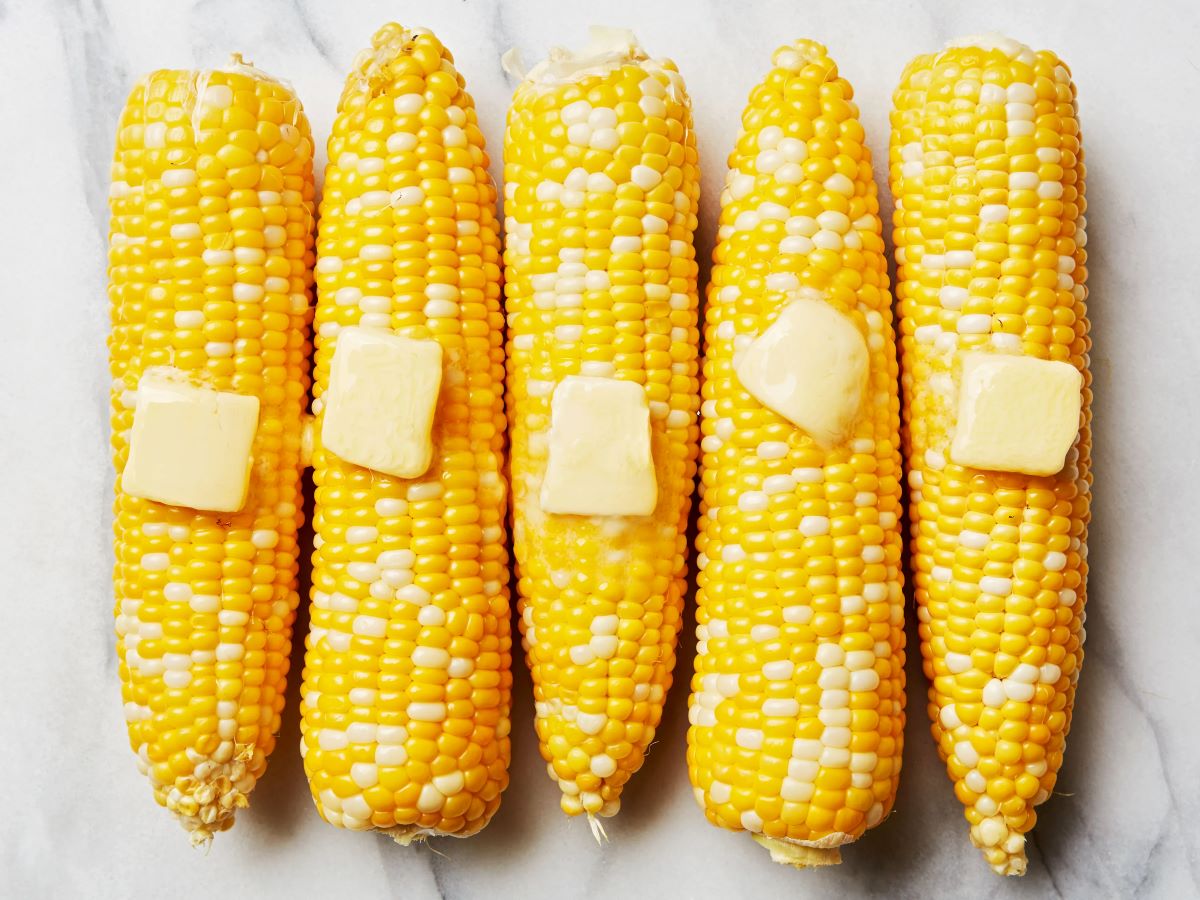
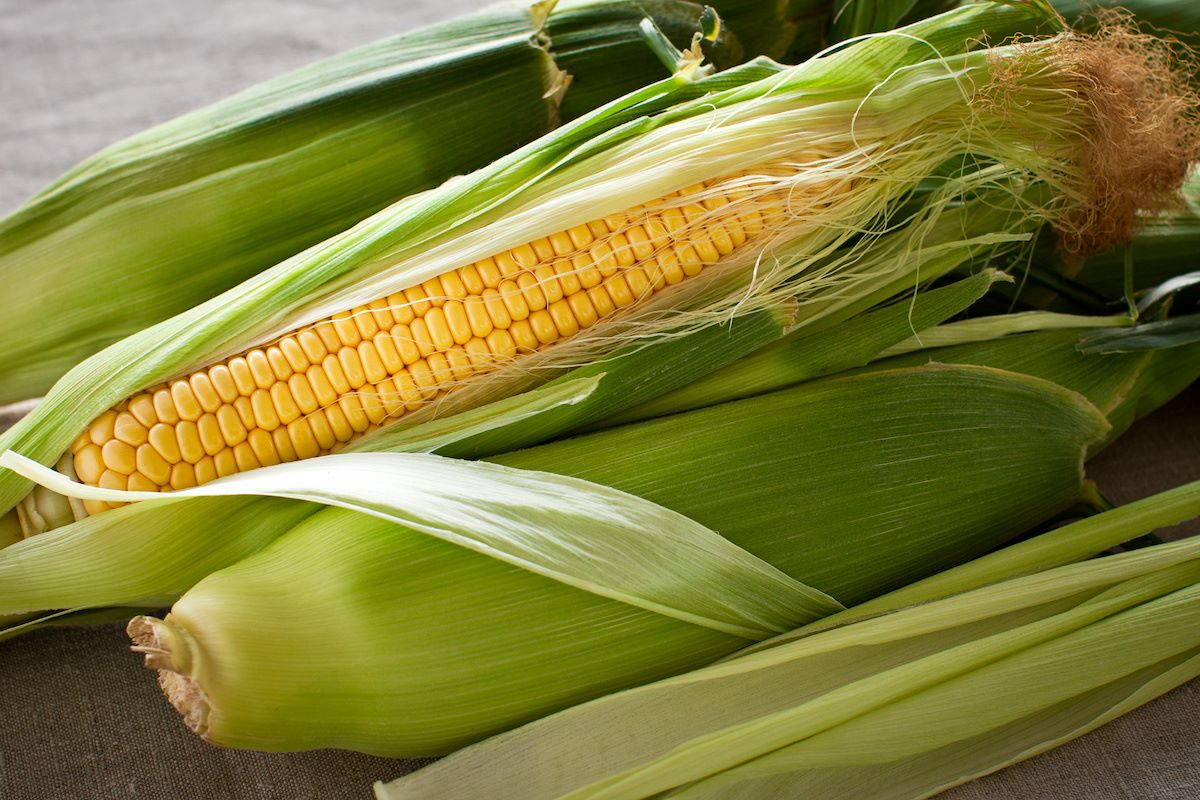
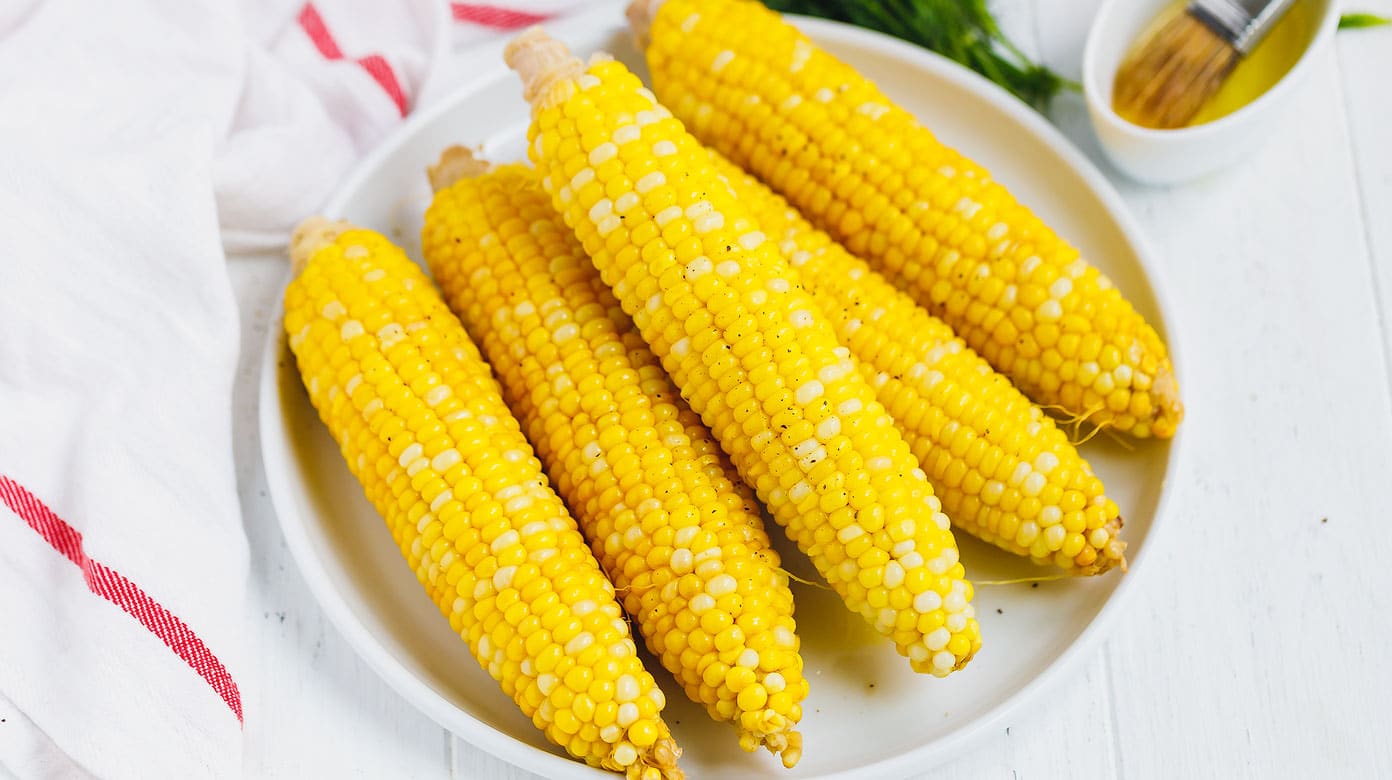
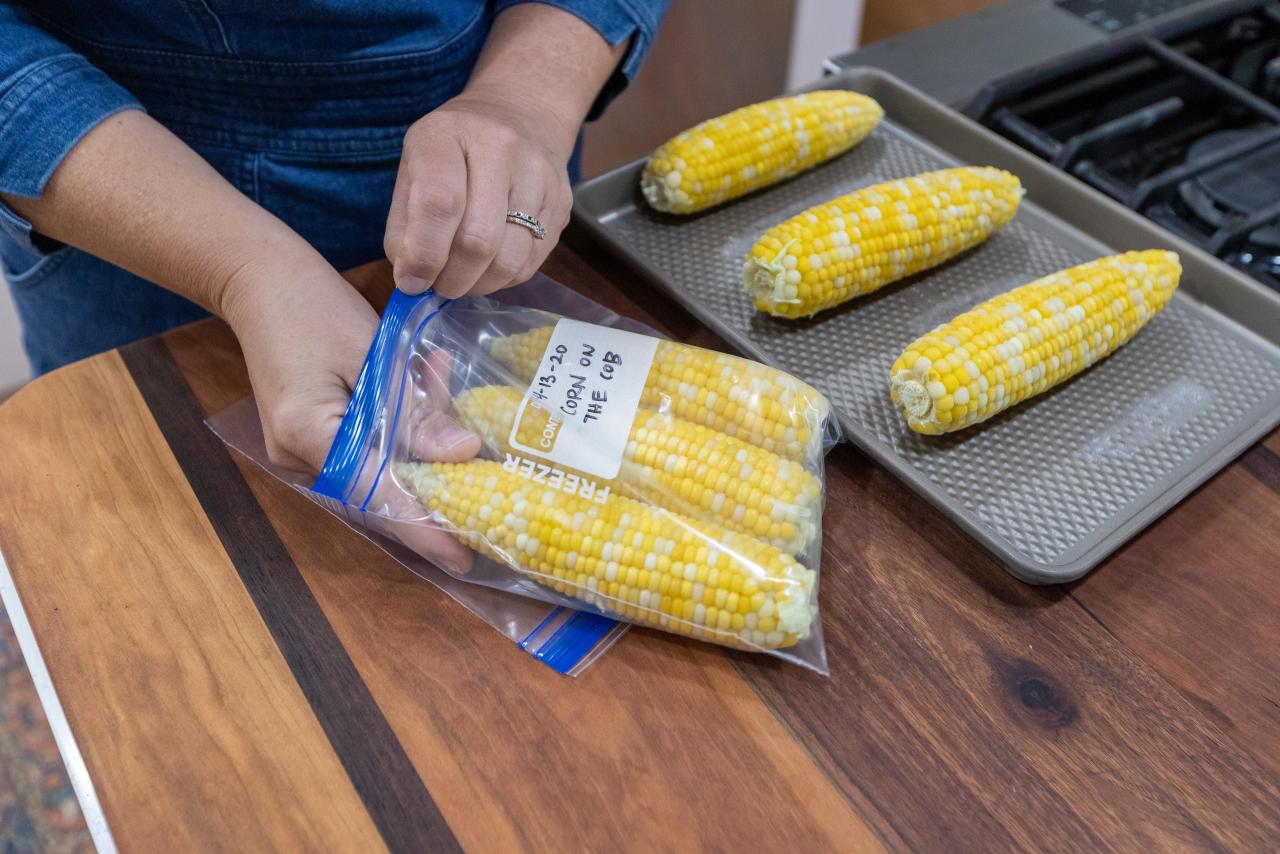
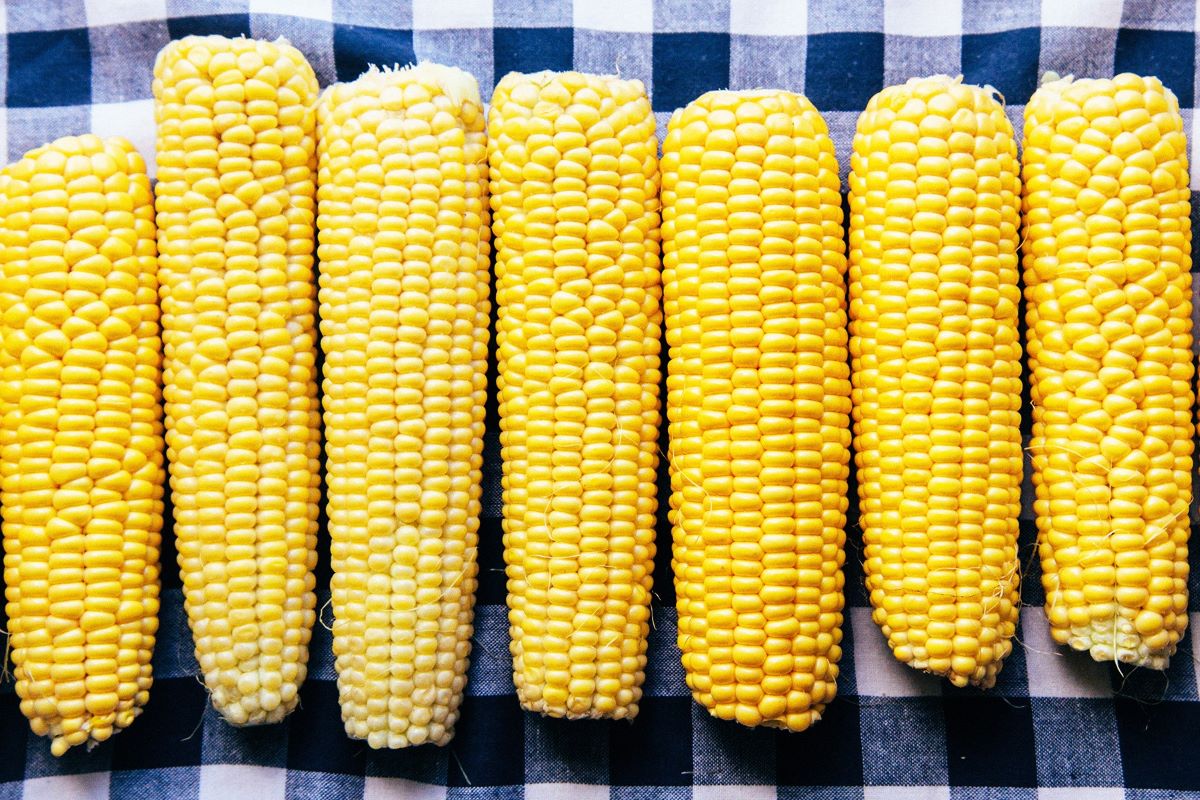
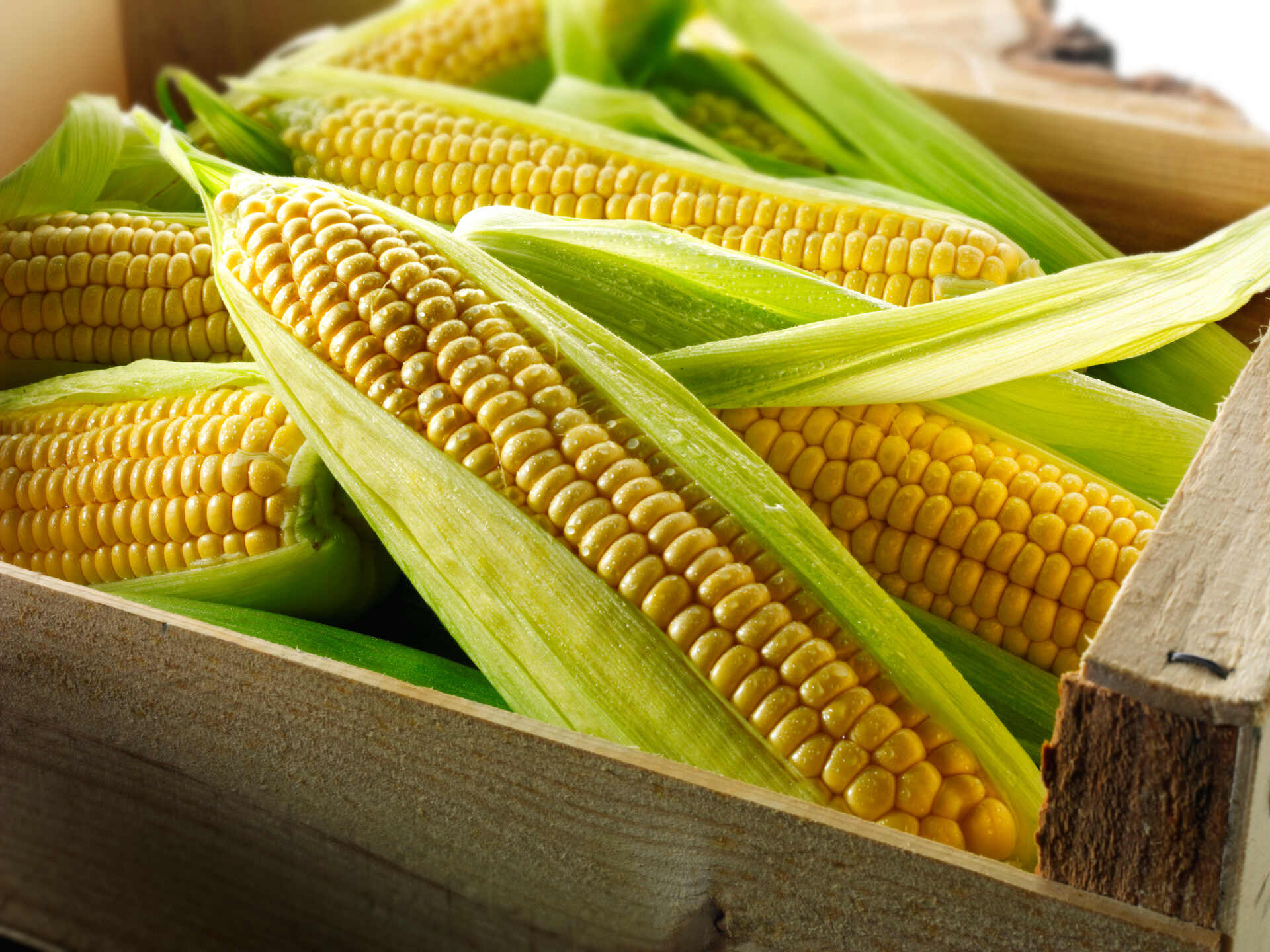
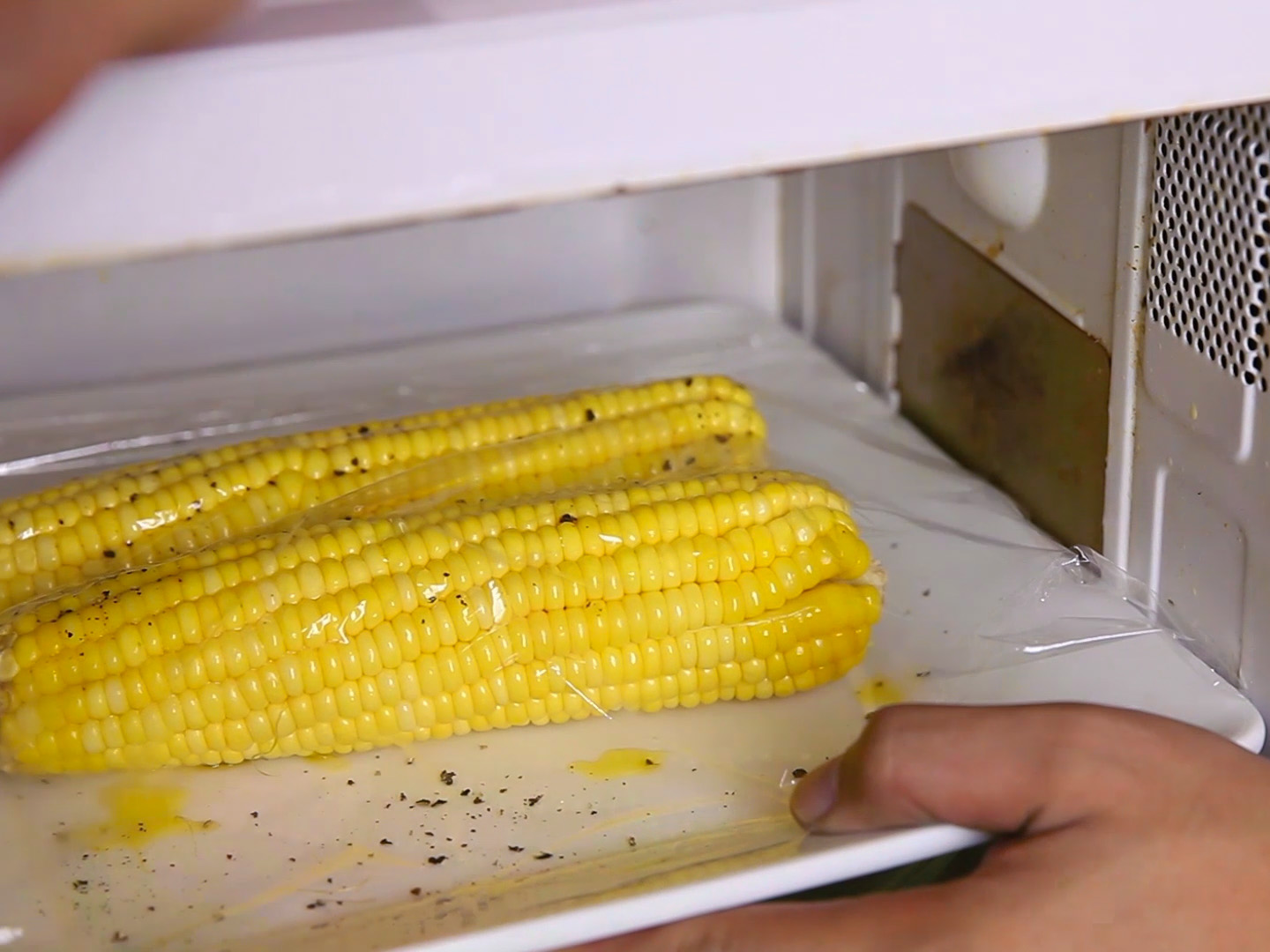
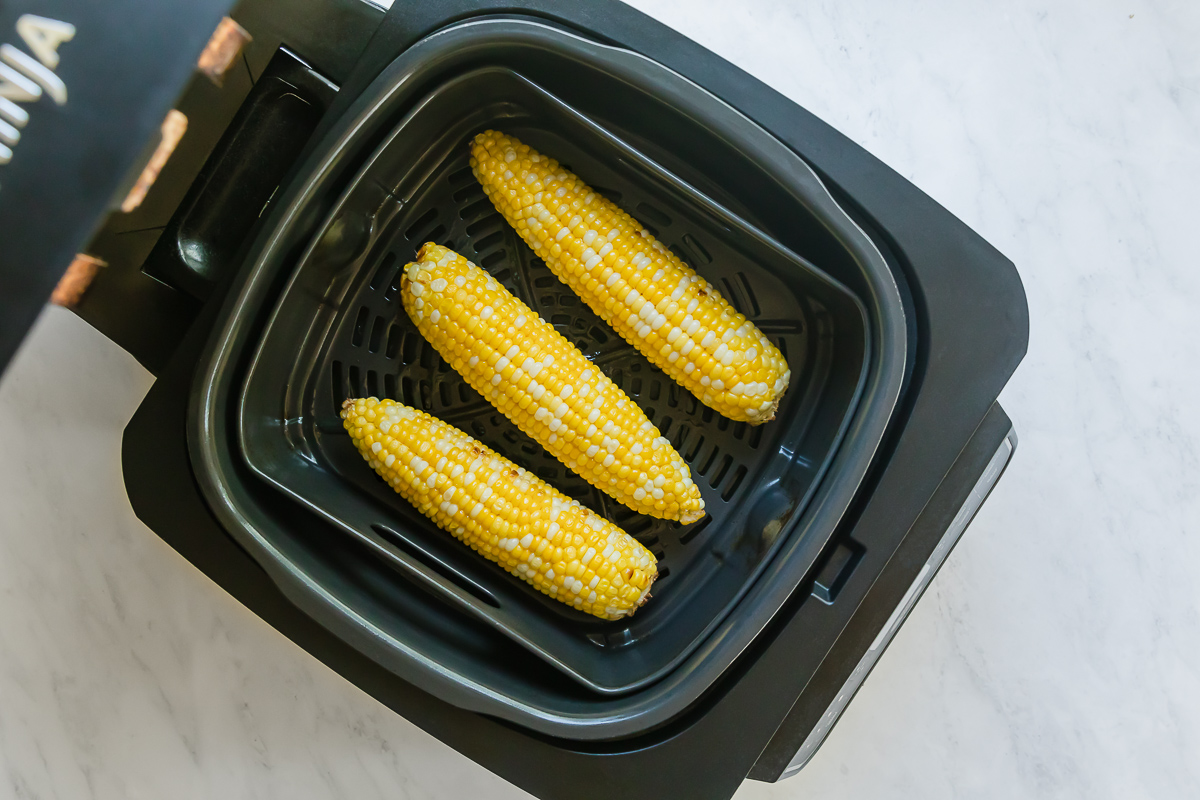
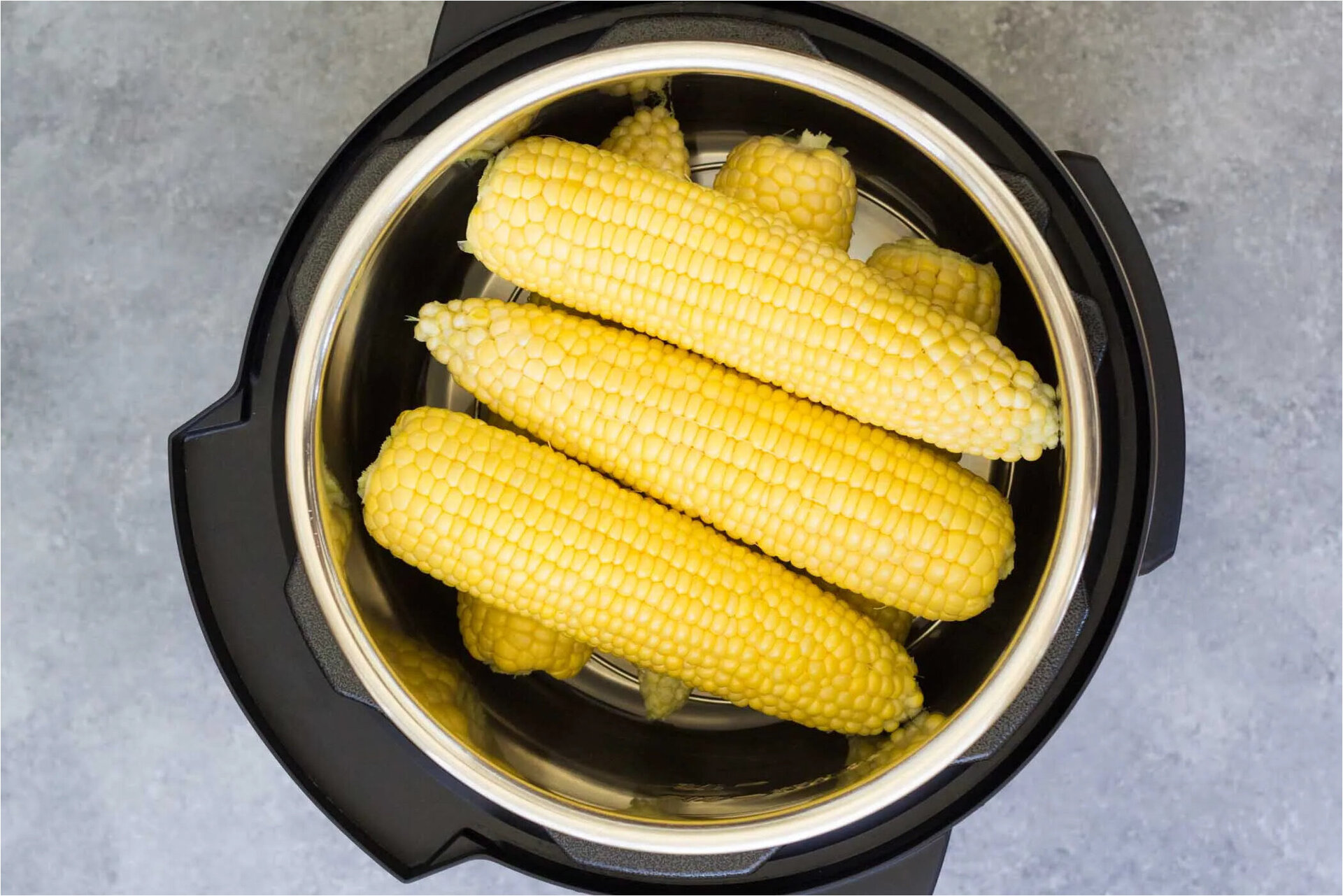
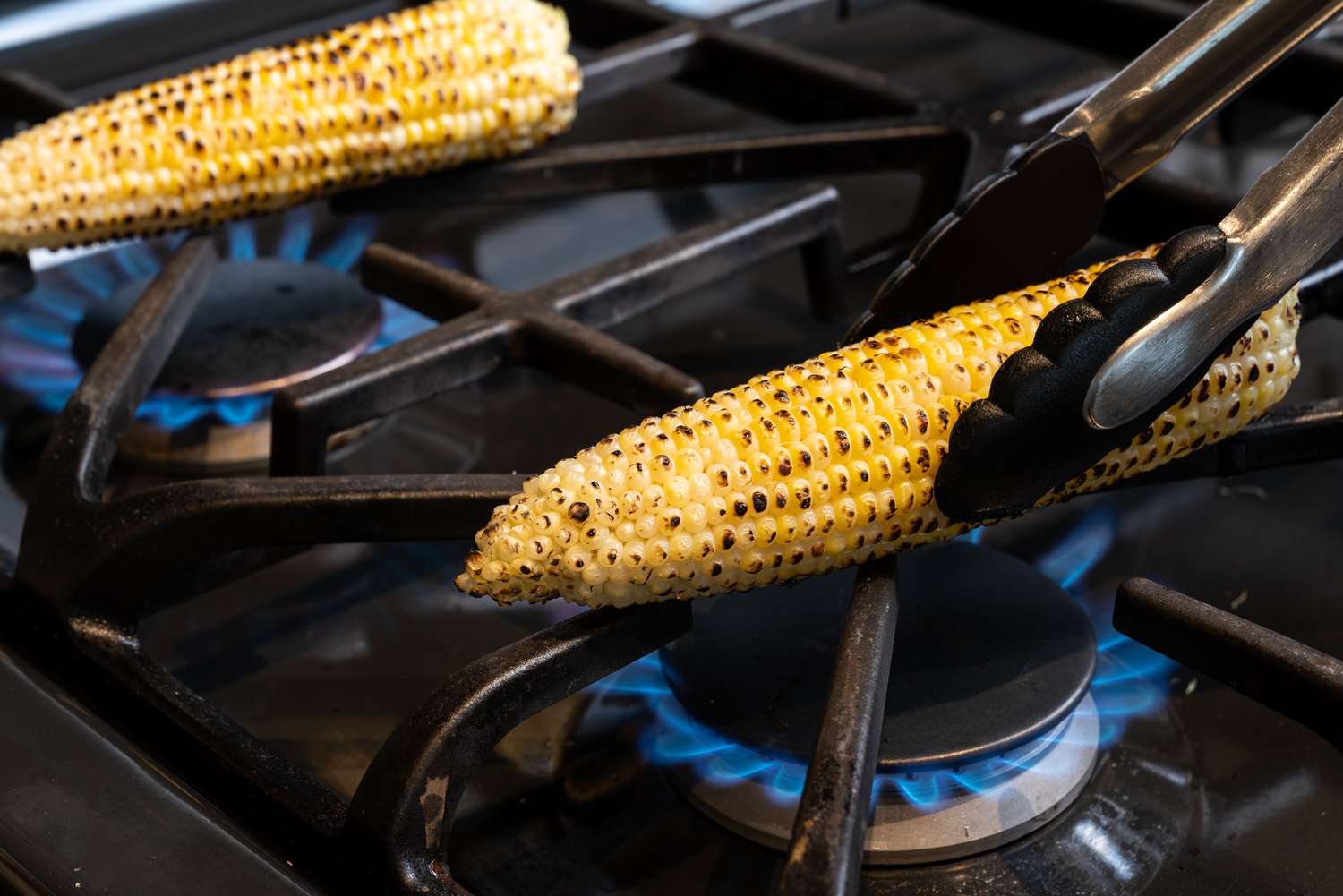
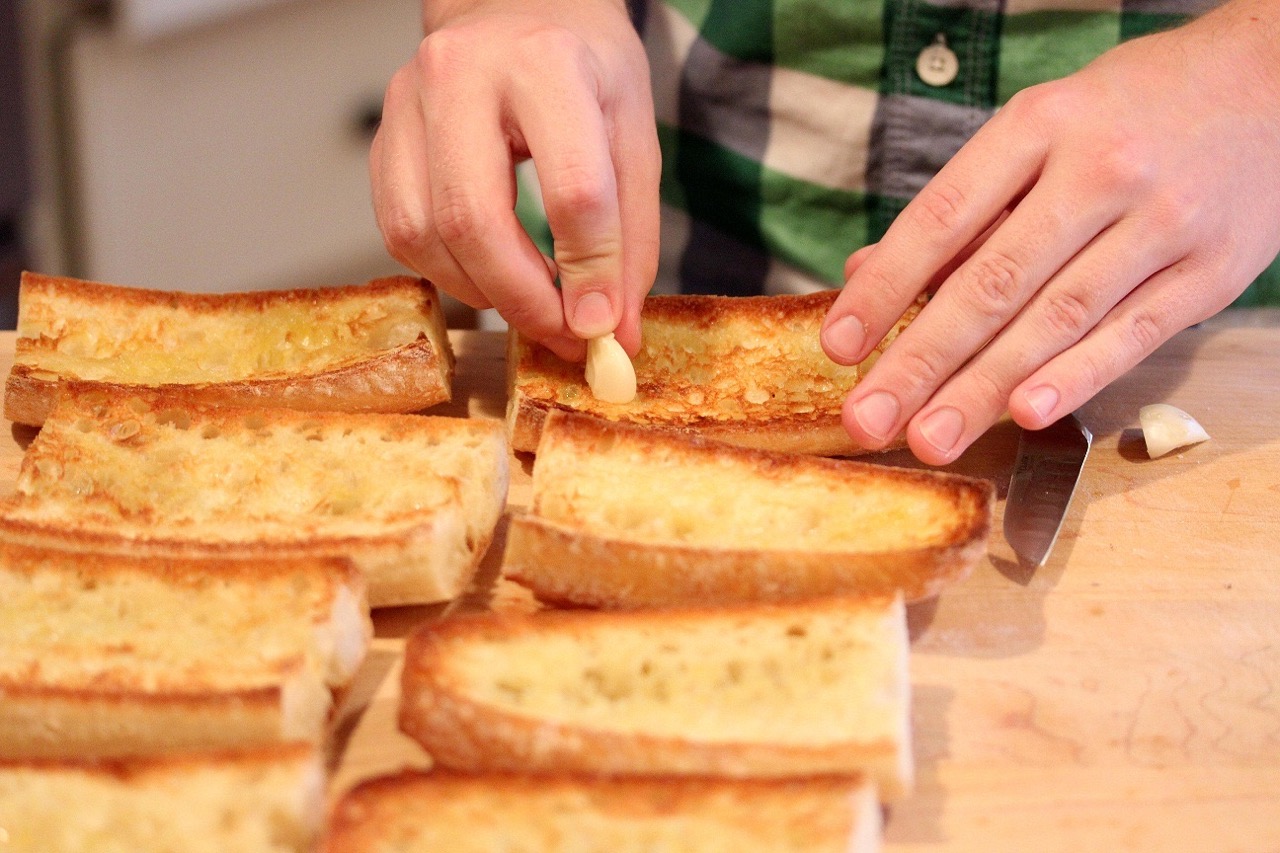
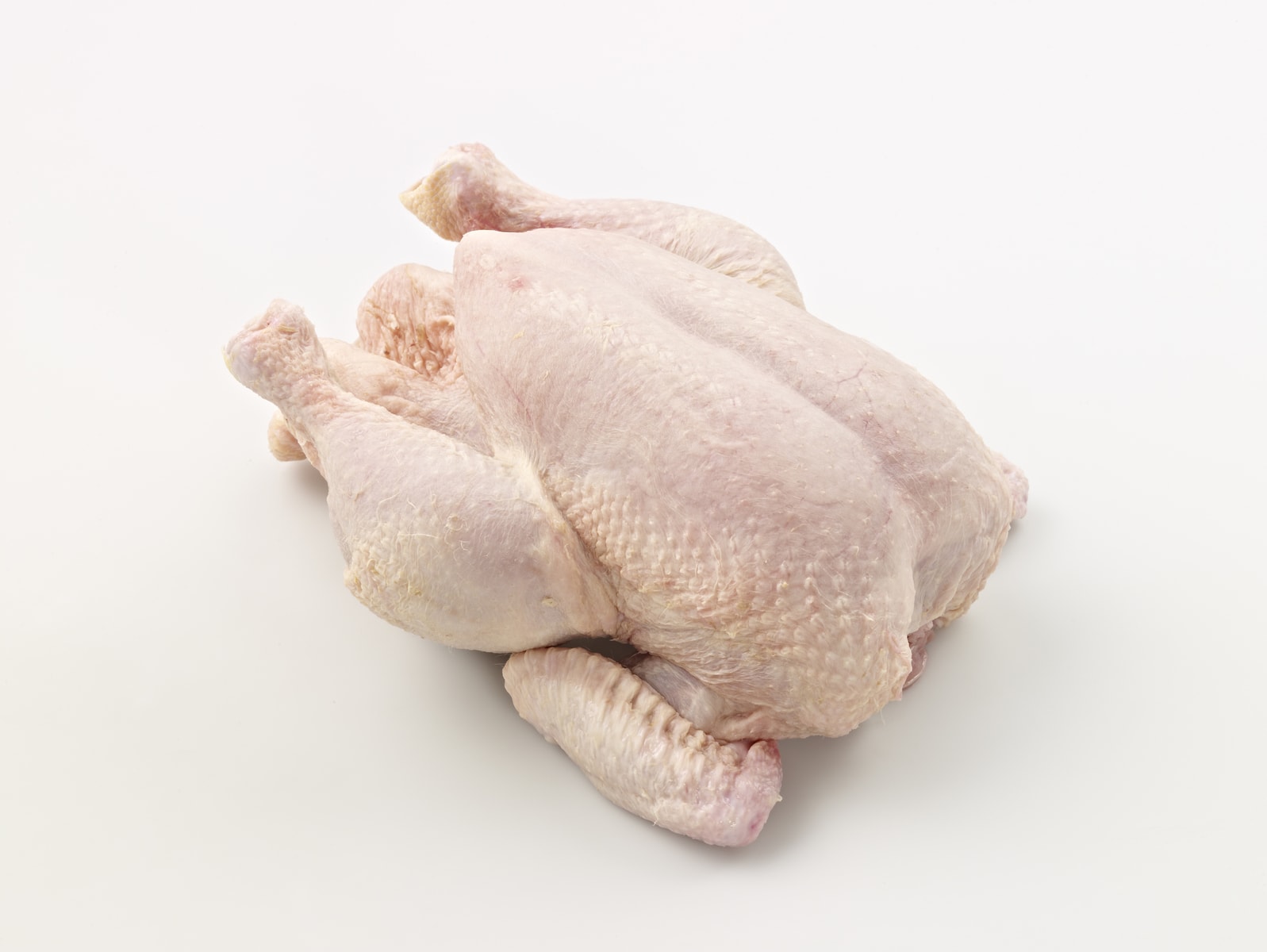
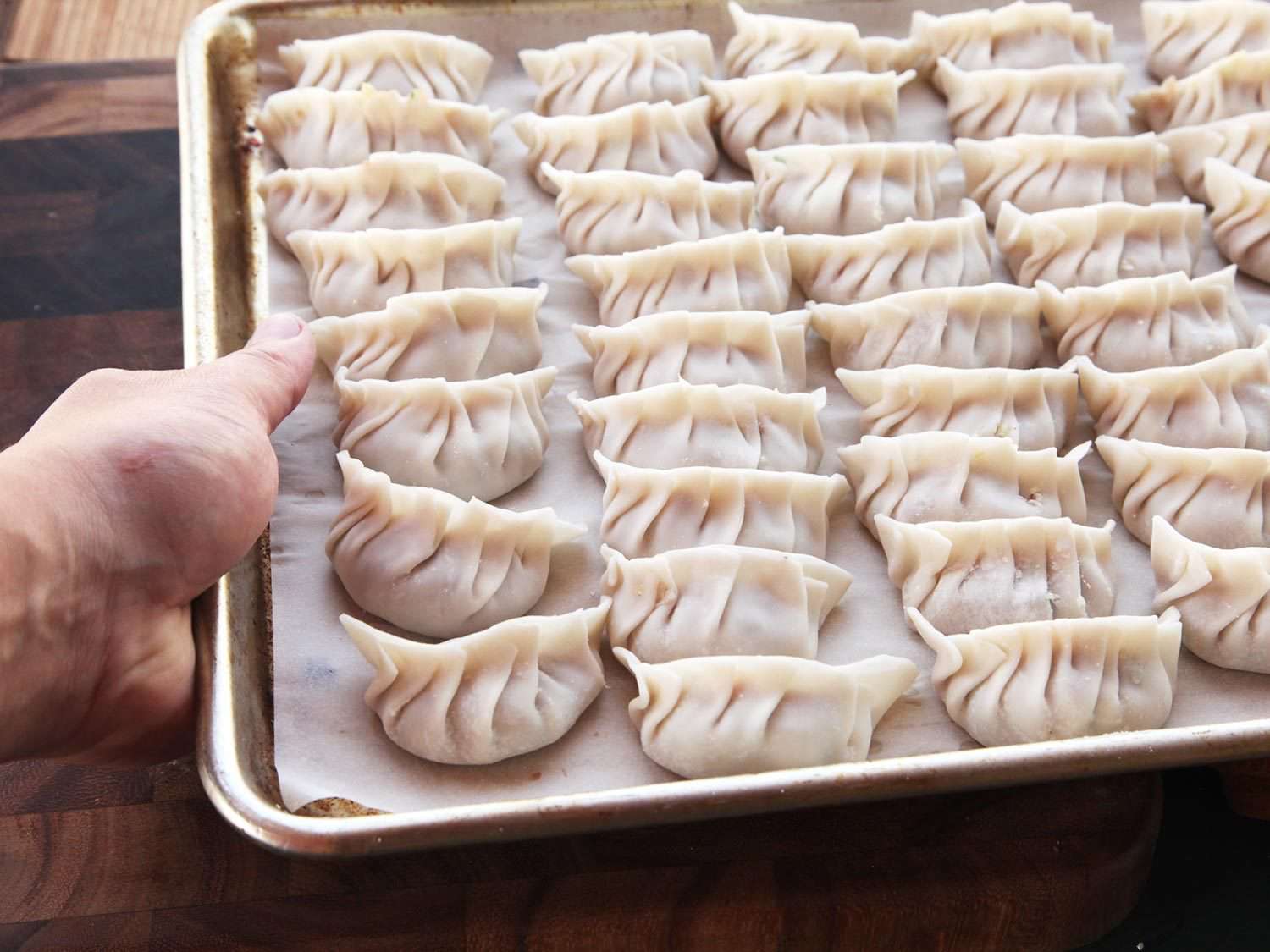

0 thoughts on “How To Store Uncooked Corn On The Cob”